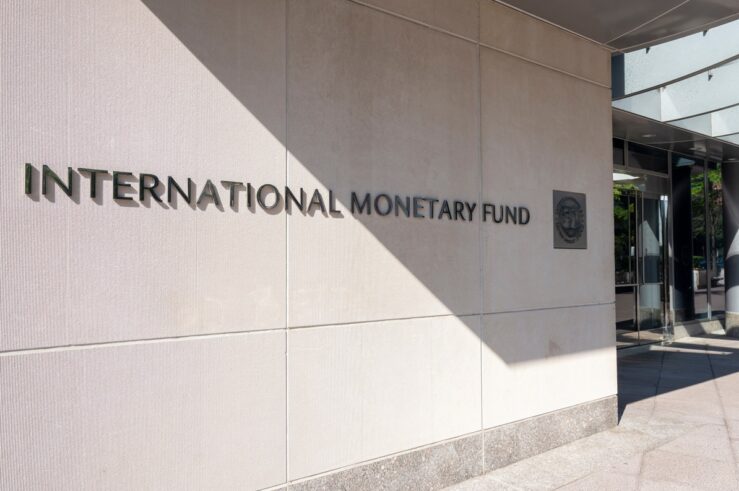In a post over at Co-op, Dave Hoffman wonders why so many in the blogoshpere are publicly outraged by Jeff Skilling’s 24-year sentence, but not, seemingly, by similar-length sentences for drug crimes. Larry and Christine Hurt (hers is the fifth comment down on Dave’s post) deftly handle the response.
As I noted a while back:
there is a huge and under-appreciated difference, even — yes, it’s true — in the business world, between the bad behavior of private individuals and firms and that of the government. Among other things, the former is generally localized, susceptible to economic pressures, and, quite often, ambiguous in its effect. The latter is far-reaching, corruptible, difficult to constrain, and largely immune to economic limits. And these are just the utilitarian concerns. These differences are all-too-well appreciated in other contexts (and I often find myself in embarrassing agreement with the crackpots on left-wing radio who fulminate against the exercise of excessive state power when it comes to wire-tapping, war-making, the drug war and online gambling), but here, where the social costs are so enormous, there is naive belief in the government rather than skepticism. It’s outrageous.
The social costs I refer to here are those attributable to over-deterrence of risky, innovative, entrepreneurial behavior. In point of fact, although I find sentences for minor drug crimes to be outrageous, as well, I seriously doubt that the social consequences of over-deterrence loom as large. (But if Dave thinks public criticism of one requires public criticism of the other, he should now feel satisfied, right?)
The problem in the drug war context is quite different, at least for me. Given a social (or at least government) policy of deterring drug use, perhaps draconian sentences are required and appropriate (given the difficulty of deterrence). But I happen to think the policy itself is idiotic and the practice shouldn’t be deterred in the first place. In that sense, I think punishments for drug use are approximately infinitely too large. But there’s little sense in quibbling over the length of sentencing and optimal enforcement policy given my priors. Â
The same doesn’t go for corporate fraud: It should be deterred. The question there, however, is how to do so optimally, given the staggering social costs of over-deterrence; the risk of self-aggrandizing, politically-motivated, error-prone prosecution; and the reality of pretty good, existing agency-cost controls. Was Skilling’s prosecution, conviction and sentencing here optimal from a deterrence standpoint? I doubt it, and so do many others.
So Skilling’s sentence is problematic not only because, as Larry points out, it is probably disproportionate to the actual crime (which I take it is the point Dave wants to see the rest of us make about drug prosecutions), but also and primarily because the costs of excessive prosecution are so large.
(I hasten to add that the costs of the drug war are also large and socially wasteful. But I think almost all of the waste in the drug war comes not from over-deterrence (although that probably causes some social harm) but from the misdirected costs of prosecution. Which seems like a relevant distinction to me.)
UPDATE:Â Christine expands magisterially on her comments to Dave’s post.




